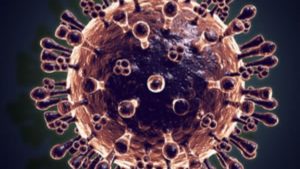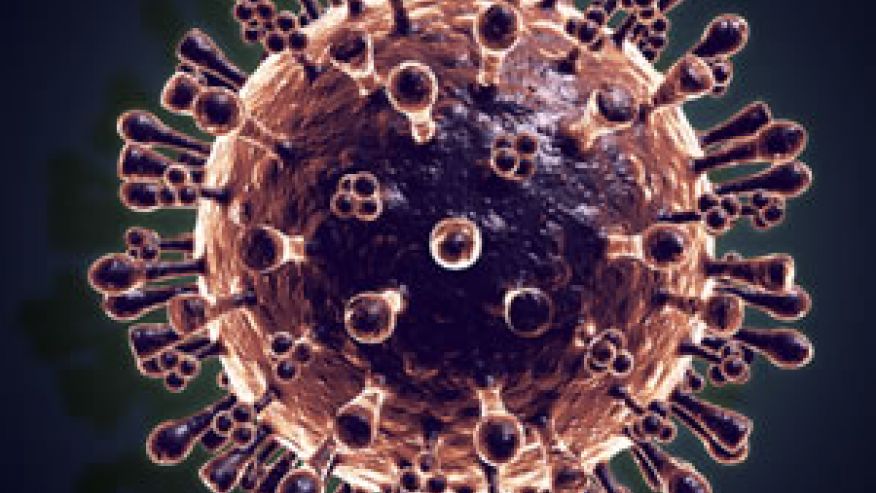 BASC is advising its members and the wider shooting community that the Avian Influenza Prevention Zones that were put in place to help protect poultry and captive birds from avian flu will be extended for England, Wales and Scotland until 28th February 2017.
BASC is advising its members and the wider shooting community that the Avian Influenza Prevention Zones that were put in place to help protect poultry and captive birds from avian flu will be extended for England, Wales and Scotland until 28th February 2017.
The Prevention Zones have been in place since 6th December and require keepers of poultry and other captive birds to continue to keep their birds indoors, or take appropriate practical steps to keep them separate from wild birds to protect them from avian flu.
Birds should be moved into a suitable building, or if that isn’t possible owners must take sensible precautions to keep them away from wild birds, like putting up netting to create a temporary enclosure and keeping food and water supplies inside where they cannot be contaminated by wild birds.
Defra says that even when birds are kept indoors a risk of infection remains so good biosecurity must be practiced, for example by disinfecting footwear and equipment and washing clothing after contact with birds.
There is also a GB-wide ban on poultry shows and gatherings.
Northern Ireland also declared a 30-day Prevention Zone on 23 December.
The advice is that the risk to public health remains very low and the Food Standards Agency is clear that bird flu does not pose a food safety risk for UK consumers.
The H5N8 strain of Avian Influenza has been circulating in Europe for several weeks. An outbreak was confirmed in turkeys at a farm in Lincolnshire on 16 December and a further case was confirmed in a back yard flock in Carmarthenshire on 3 January.
The disease has also been found in wild birds in England, Scotland and Wales. More details can be found here: https://www.gov.uk/government/publications/avian-influenza-in-wild-birds-winter-2016-to-2017
No restrictions are currently imposed on shooting, but BASC is asking members to make themselves aware of the requirements of the prevention zones and familiarise themselves with the symptoms of bird flu and report any suspicions to the relevant authorities.
Glynn Evans, BASC head of game and deer management, said: “It is important that the wider shooting community remains vigilant to bird flu and makes itself aware of how to spot the symptoms of the disease to help limit the threat of the spread of the disease into poultry.
“It is also vital that people understand the importance of adhering to the advanced biosecurity measures brought in under the prevention zones.”
Defra’s factsheet on avian influenza, including how to spot the symptoms, can be viewed here: https://www.gov.uk/guidance/avian-influenza-bird-flu
BASC is also highlighting that members of the public who find dead wild waterfowl (swans, geese or ducks) or gulls, or five or more dead wild birds of other species in the same location should report incidents to the Defra helpline (Tel: 03459 33 55 77) or in Northern Ireland to the DAERA helpline (Tel: 0300 200 7840).
